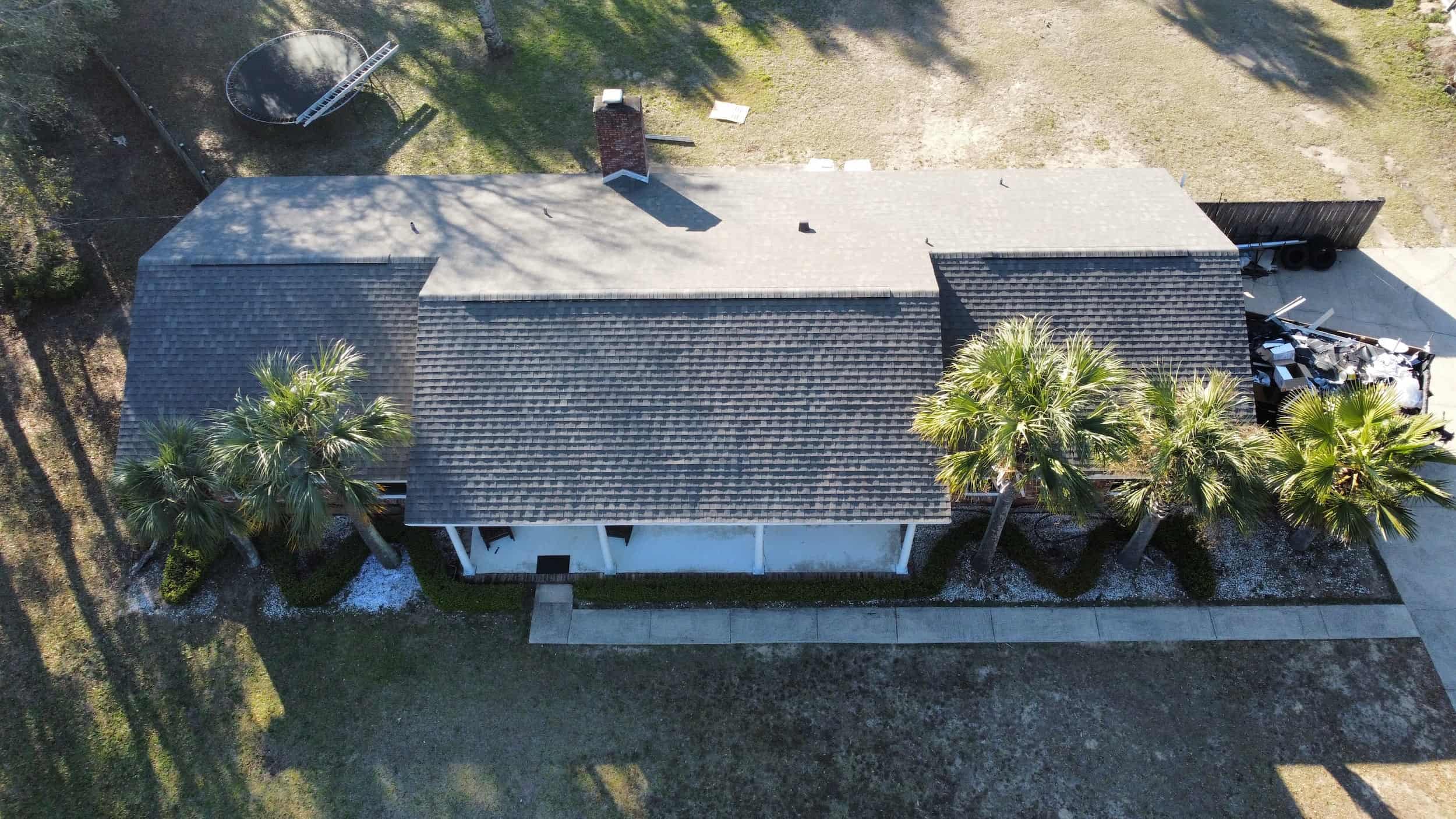Table of Contents:
- Introduction
- Factors Influencing the Lifespan of Your Home’s Roof
- Material Type
- Installation Quality
- Climate and Environmental Conditions
- Maintenance and Care
- Lifespan of Different Roofing Materials
- Asphalt Shingles
- Metal Roofing
- Tile Roofing
- Flat Roofs
- Signs Your Home’s Roof Needs Replacement
- Visible Damage
- Age of the Roof
- Energy Efficiency Issues
- How to Prolong the Lifespan of Your Home’s Roof
- Regular Inspections
- Prompt Repairs
- Roof Coatings and Treatments
- The PRS Roofing Advantage
- Expertise in Roof Replacement
- Quality Materials and Workmanship
- Comprehensive Services
- FAQs About Your Home’s Roof
- How often should I inspect my roof?
- What are the most durable roofing materials?
- Can roof coatings extend the life of my roof?
- Is it better to repair or replace my roof?
- Conclusion
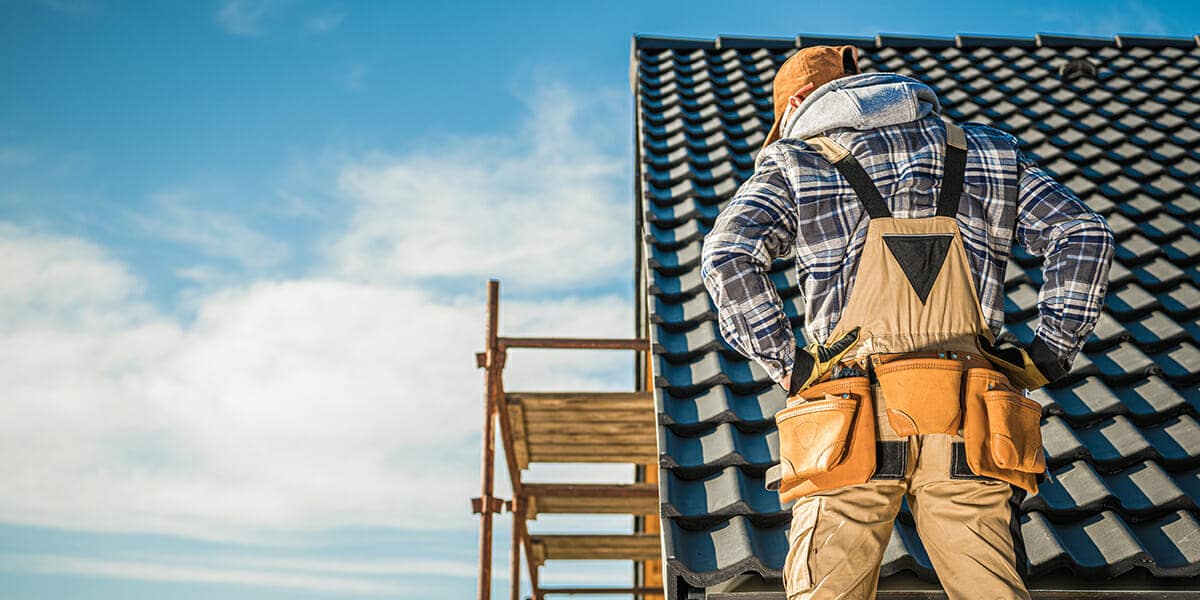
1. Introduction
The roof of your home is one of the most critical components of your property. Not only does it provide essential protection from the elements, but it also contributes significantly to your home’s overall aesthetic appeal and value. However, understanding the expected lifespan of your home’s roof can be challenging due to the various factors that influence its durability. This comprehensive guide will help you understand what to expect from your home’s roof, how to maximize its lifespan, and when it might be time for a replacement.
2. Factors Influencing the Lifespan of Your Home’s Roof
Material Type
The material used for your home’s roof is perhaps the most significant determinant of its lifespan. Different materials offer varying levels of durability, and choosing the right one for your environment is crucial. Here’s a closer look at some common roofing materials:
- Asphalt Shingles: Typically last 15-30 years, depending on the quality.
- Metal Roofing: Can last between 40-70 years, depending on the material (e.g., aluminum, steel, copper).
- Tile Roofing: Often lasts 50-100 years, especially clay and slate tiles.
- Flat Roofs: Generally last 10-20 years, with proper maintenance.
Installation Quality
The longevity of your home’s roof also depends on the quality of the installation. A roof that is poorly installed is more prone to leaks, damage, and premature failure. It is essential to hire experienced professionals like PRS Roofing to ensure your roof is installed correctly and to the highest standards.
Climate and Environmental Conditions
Your home’s roof is continuously exposed to the elements, and the local climate plays a significant role in its lifespan. For example:
- Sun Exposure: Prolonged exposure to intense sunlight can degrade roofing materials, particularly asphalt shingles.
- Rain and Humidity: In areas like Central Florida, frequent rain and high humidity can lead to mold, mildew, and water damage.
- Wind and Storms: High winds and storms can cause physical damage to your roof, especially if it’s already aging or compromised.
Maintenance and Care
Regular maintenance is crucial in extending the lifespan of your home’s roof. This includes routine inspections, cleaning, and prompt repairs of any damage. Neglecting maintenance can lead to minor issues escalating into significant problems that shorten your roof’s lifespan.
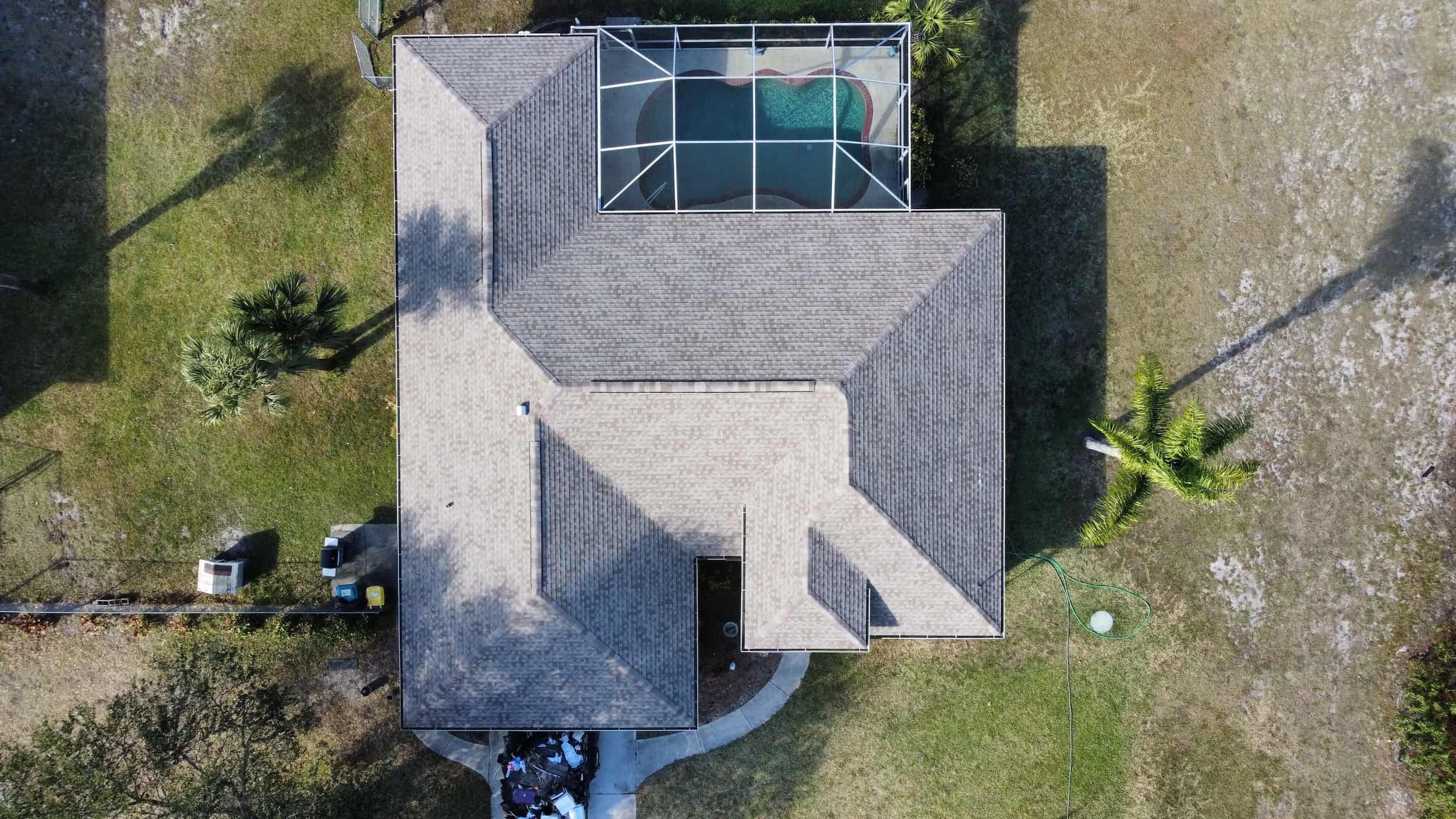
3. Lifespan of Different Roofing Materials
Asphalt Shingles
Asphalt shingles are the most common roofing material in the U.S. due to their affordability and ease of installation. Their lifespan typically ranges from 15 to 30 years, depending on factors like shingle quality and climate conditions. Regular maintenance, such as removing debris and checking for damage, can help maximize their lifespan.
Benefits of Asphalt Shingles:
- Cost-effective
- Easy to install
- Available in various styles and colors
Drawbacks:
- Shorter lifespan compared to other materials
- Susceptible to damage from high winds and hail
Metal Roofing
Metal roofs are known for their durability and longevity, lasting between 40 and 70 years. They are resistant to extreme weather conditions, including high winds, heavy rain, and snow. Additionally, metal roofs are environmentally friendly, as they are often made from recycled materials and can be recycled again at the end of their lifespan.
Benefits of Metal Roofing:
- Long-lasting and durable
- Energy-efficient
- Low maintenance
Drawbacks:
- Higher initial cost
- Can be noisy during rain or hail
Tile Roofing
Tile roofs, particularly those made from clay or slate, can last for 50 to 100 years. They are incredibly durable and resistant to fire, rot, and insects. Tile roofing is also highly effective at insulating homes, helping to reduce energy costs.
Benefits of Tile Roofing:
- Extremely long lifespan
- Fire-resistant
- Excellent insulation properties
Drawbacks:
- Heavy, requiring a strong structural support
- More expensive to install and repair
Flat Roofs
Flat roofs are commonly used in commercial buildings and some residential structures. They typically last 10-20 years, depending on the materials used and the level of maintenance. Flat roofs are more prone to water pooling and leaks, making regular inspections and maintenance essential.
Benefits of Flat Roofs:
- Cost-effective
- Provides additional usable space (e.g., rooftop gardens)
Drawbacks:
- Shorter lifespan
- Higher maintenance needs to prevent leaks
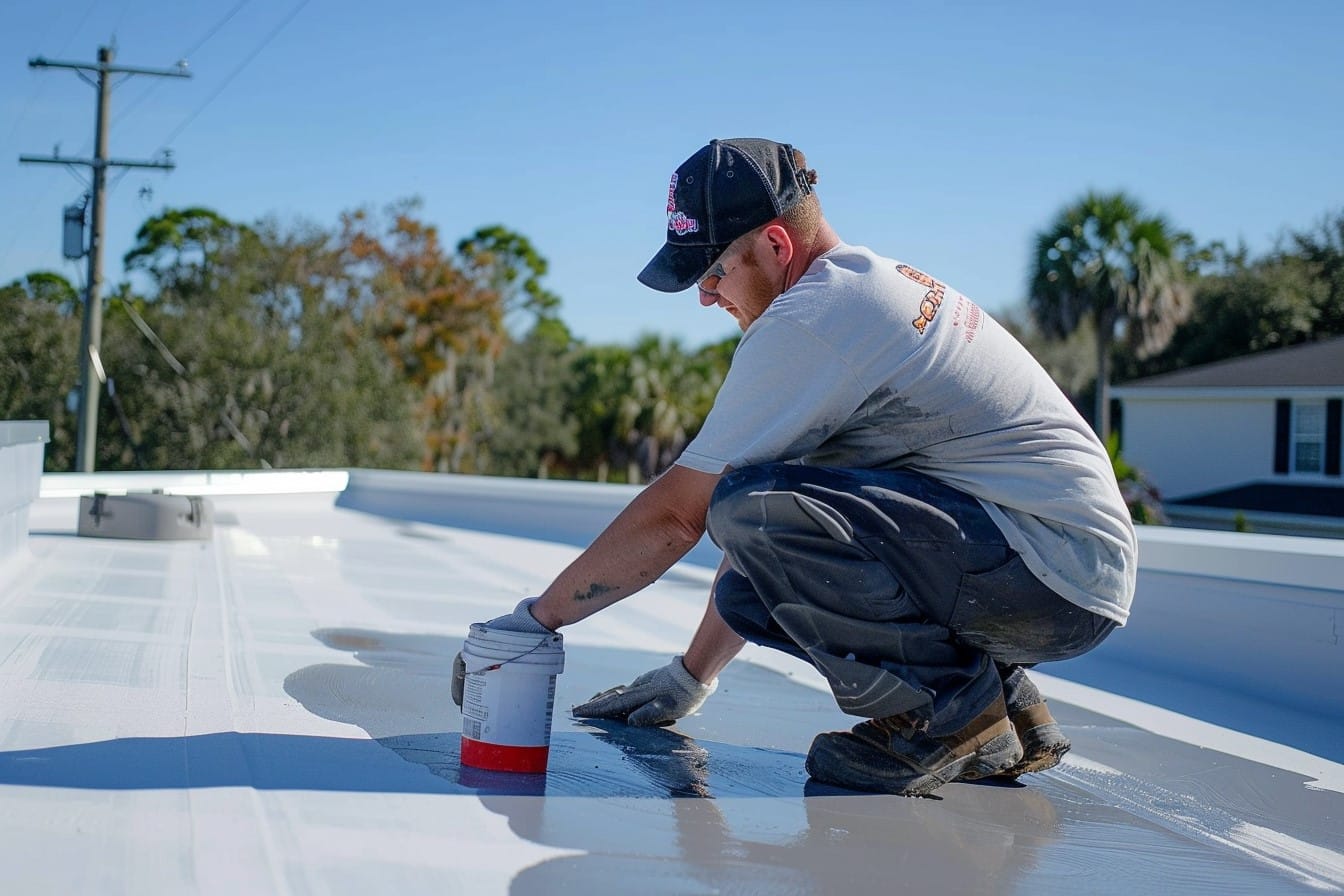
4. Signs Your Home’s Roof Needs Replacement
Knowing when to replace your home’s roof is crucial to prevent further damage to your property. Here are some common signs that it might be time for a new roof:
Visible Damage
If you notice cracked, curling, or missing shingles, it’s a clear sign that your roof is deteriorating. Additionally, any sagging areas or visible water damage should be addressed immediately to prevent further structural issues.
Age of the Roof
The age of your roof is a significant factor in determining whether it needs replacement. If your roof is nearing the end of its expected lifespan (e.g., 20-30 years for asphalt shingles), it’s time to start planning for a replacement.
Energy Efficiency Issues
An aging roof can cause your home to lose energy efficiency, leading to higher heating and cooling costs. If you’ve noticed a sudden increase in your energy bills, it might be due to your roof’s deteriorating condition.
5. How to Prolong the Lifespan of Your Home’s Roof
Regular Inspections
Scheduling regular roof inspections is one of the best ways to prolong the life of your home’s roof. Professionals like PRS Roofing can identify and address minor issues before they escalate into significant problems.
Inspection Checklist:
- Check for missing, cracked, or curling shingles
- Look for signs of water damage or leaks
- Inspect gutters and downspouts for blockages
- Examine flashing around chimneys, vents, and skylights
Prompt Repairs
Addressing any damage as soon as it occurs is crucial in maintaining your roof’s integrity. Whether it’s a small leak or a few missing shingles, prompt repairs can prevent more extensive and costly damage in the future.
Roof Coatings and Treatments
Applying roof coatings can extend the lifespan of your home’s roof by providing an additional layer of protection against the elements. These coatings can reflect UV rays, prevent water damage, and improve energy efficiency.
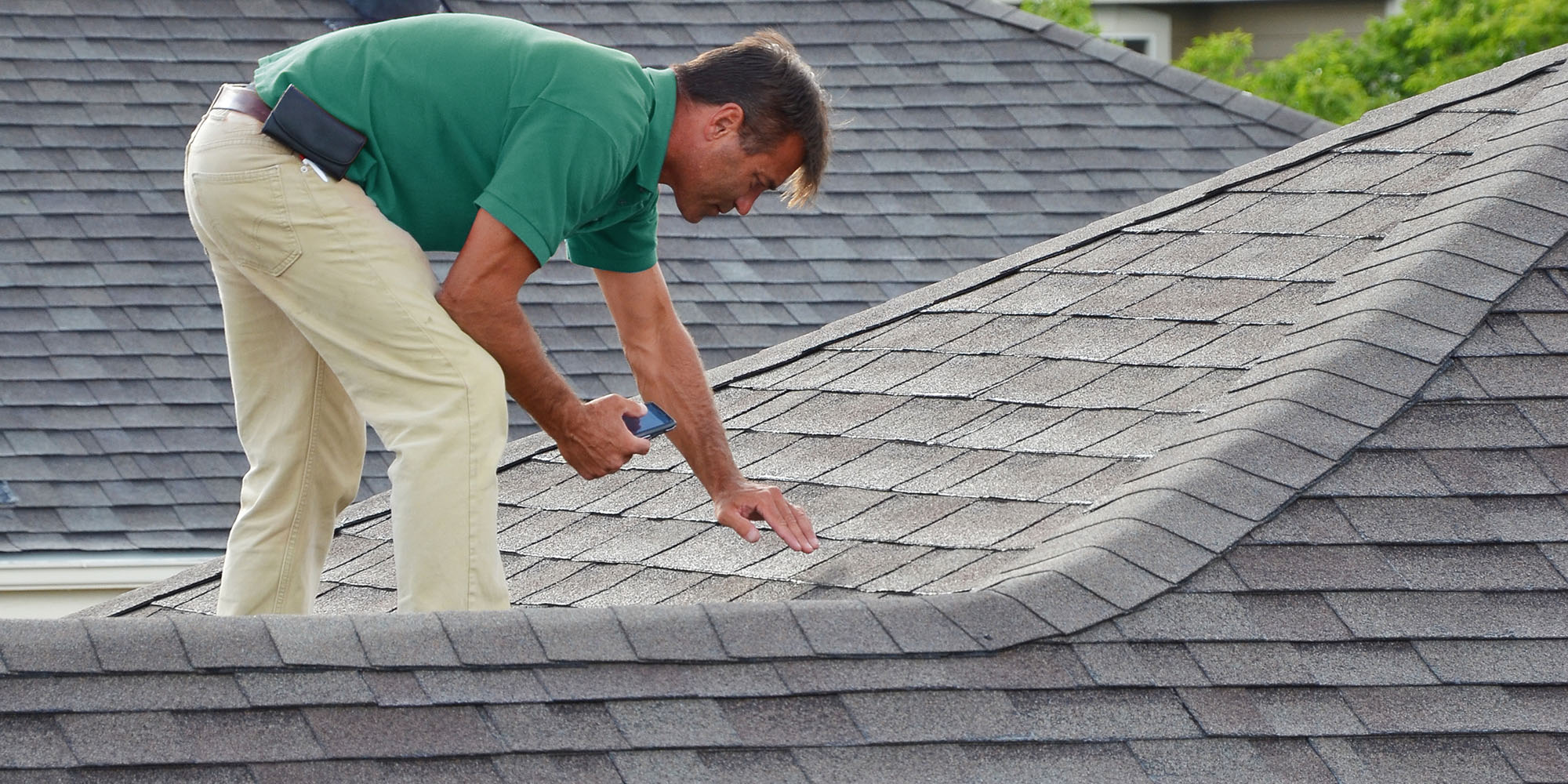
6. The PRS Roofing Advantage
Expertise in Roof Replacement
At PRS Roofing, we specialize in roof replacement services that cater to the unique needs of Central Florida homeowners. Our team of experts understands the challenges posed by the local climate and provides tailored solutions to ensure your home’s roof lasts as long as possible.
Quality Materials and Workmanship
We use only the highest quality materials and employ skilled professionals to ensure that your roof is not just durable but also aesthetically pleasing. Whether you need a new roof installation or a simple repair, PRS Roofing is committed to delivering excellence.
Comprehensive Services
From roof inspections and repairs to full replacements, PRS Roofing offers a wide range of services to meet all your roofing needs. We are dedicated to providing reliable and affordable roofing solutions that give you peace of mind.
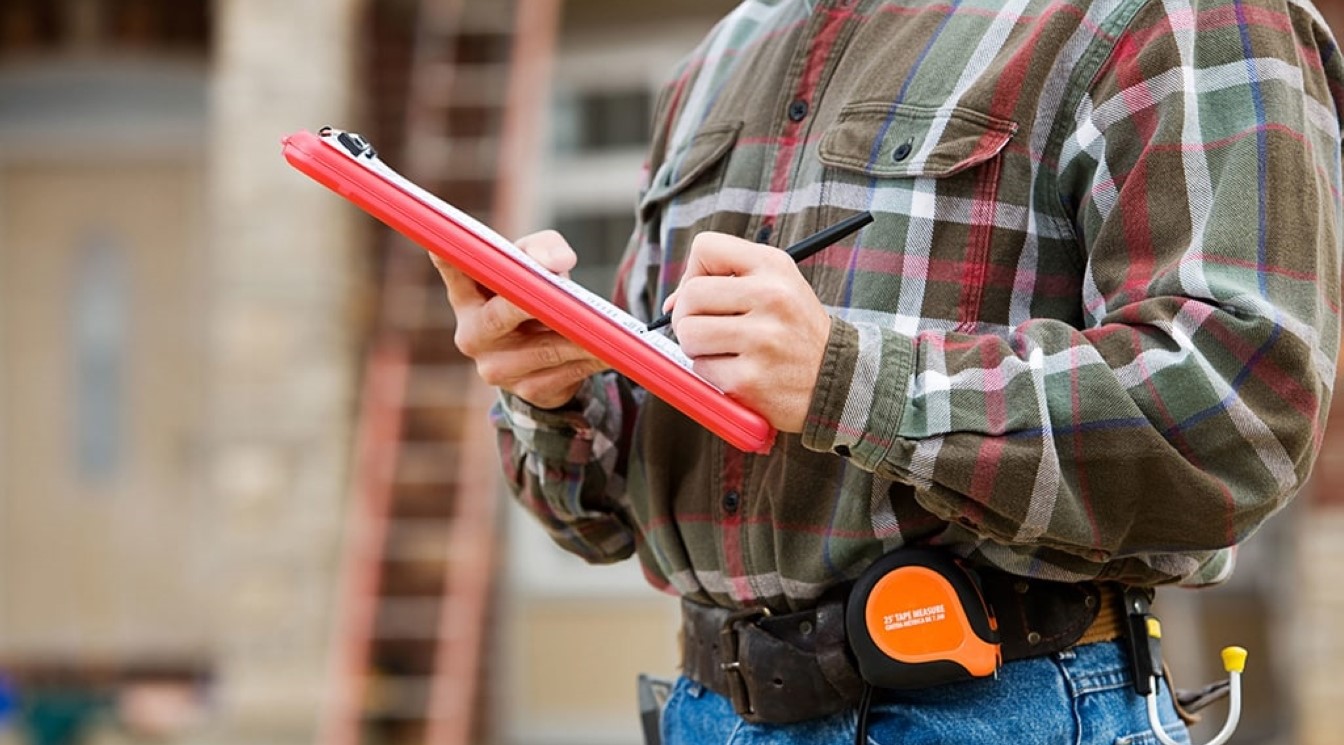
7. FAQs About Your Home’s Roof
How often should I inspect my roof?
It’s recommended to inspect your roof at least twice a year, preferably in the spring and fall. Additionally, you should inspect your roof after any severe weather events to check for damage.
What are the most durable roofing materials?
Tile and metal roofing are among the most durable materials, with lifespans ranging from 50 to 100 years. They are highly resistant to environmental damage and require less maintenance than other materials.
Can roof coatings extend the life of my roof?
Yes, applying roof coatings can significantly extend the lifespan of your roof by protecting it from UV rays, water damage, and other environmental factors. Roof coatings can also improve your home’s energy efficiency.
Is it better to repair or replace my roof?
The decision to repair or replace your roof depends on the extent of the damage and the age of the roof. If the damage is minor and your roof is relatively new, repairs may be sufficient. However, if your roof is nearing the end of its lifespan, replacement may be a more cost-effective solution in the long run.
8. Conclusion
Understanding the expected lifespan of your home’s roof and the factors that influence it is crucial for maintaining a safe and comfortable living environment. By choosing the right materials, ensuring quality installation, and committing to regular maintenance, you can maximize your roof’s lifespan and protect your investment. If you’re in need of expert roofing services, PRS Roofing is here to help with all your roofing needs, from inspections and repairs to full replacements. Contact us today to ensure your home’s roof remains strong, durable, and beautiful for years to come.
